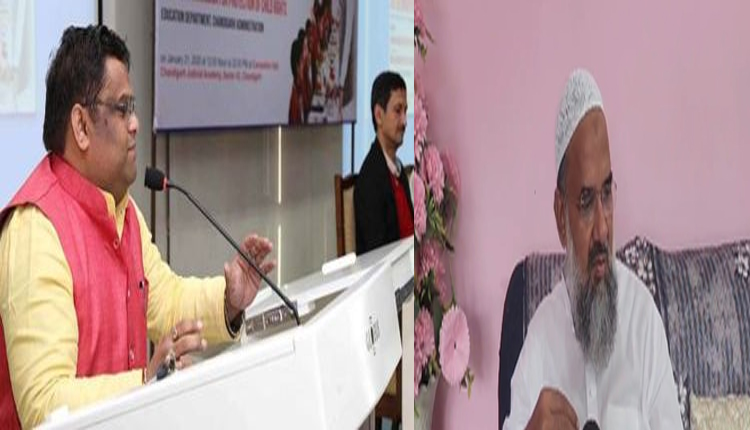NewDelhi: In a recent statement, National Commission for Protection of Child Rights (NCPCR) Chairperson Priyank Kanoongo raised concerns over the functioning and funding of madrasas in India. He urged the government to halt funding to madrasas immediately, emphasising the need for reforms in the education system to ensure the holistic development of Muslim children.
Kanoongo also criticised India’s first education minister, Maulana Abul Kalam Azad, alleging that Azad misguided the Muslim community by advocating for religious education over mainstream academic learning. Kanoongo argued that Azad’s stance led to a lack of educational progress among the community.
The NCPCR’s study over the past nine years highlighted three key issues: the enrolment of non-Muslim children in madrasa boards, the lack of adherence to the Right to Education Act by madrasas, and the need for children studying in madrasas unaffiliated with boards to receive formal schooling.
Mapping Unregistered Madrasas
In an exclusive interview with ABP News, Kanoongo revealed that state governments had been instructed to identify and map unregistered madrasas. He praised Gujarat for its successful mapping efforts, despite an attack on an official during the process. Kanoongo further criticised the current state of madrasa education, asserting that it follows outdated patterns from the Mughal era, particularly the reign of Aurangzeb.
According to Kanoongo, madrasa education continues to perpetuate a cycle of misinformation and radicalisation, with religious texts sometimes promoting extremist ideologies. He called for Muslim children to be brought into mainstream schooling systems to prevent them from being misled by such teachings.
Muslim Leadership Criticised
Kanoongo also questioned the role of Muslim leaders in the community’s educational backwardness. He compared the situation of Muslim children with Dalits, stating that while 14% of Scheduled Caste children and 5-6% of Scheduled Tribe children pursue higher education, only 5% of Muslim children do so. He attributed this disparity to the misguided leadership within the community.
In closing, Kanoongo emphasised that mainstream education is the only way to liberate Muslim children from what he termed a cycle of “mental enslavement” created by vote-bank politics.



Comments are closed.